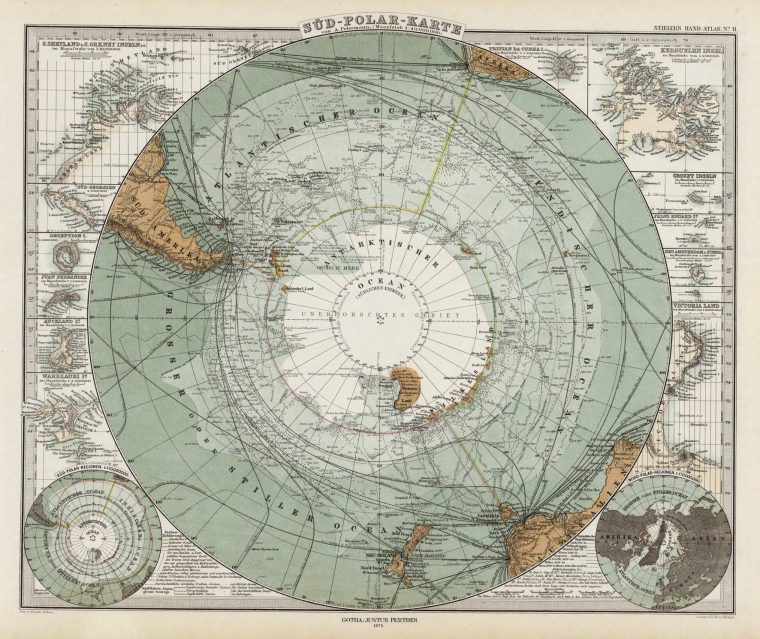The International Conference on Missionary Linguistics focuses on older texts (colonial, postcolonial, mainly from missionaries) with the following objectives: the history of linguistics, linguistic documentation, translation studies and sociocultural analysis. The aim of historical linguistics is to describe older stages of languages as well as (processes of) language change, while the history of linguistics studies early thinking on languages, linguistic typologies and structures. These studies are often interrelated with those of the cultural context in which colonial and postcolonial societies developed. Non-Western languages are our main focus.
The interdisciplinary approach that has enriched so many areas of science is one of the determining marks of Missionary Linguistics. Understood as a branch of linguistic historiography, it presents as a differential characteristic, according to Hernández (2013: 225–226) the fact that it refers to linguistic works produced in non-Indo-European–“exotic”–languages, whose authors are persons representing the religious field, and serving a didactic purpose.
The contributions of typological-descriptive linguistics, history, anthropology, sociolinguistics, ethnolinguistics, and linguistic documentation converge in the transversal disciplinary space set up by Missionary Linguistics. The result is a varied set of epistemological perspectives that come together for a better understanding of the linguistic descriptions that emerged during the process of evangelization, and which constitute the central object of the discipline, as well as the works of religious instruction that complement them: catechisms, confessionals, doctrines, sermons, etc.
Furthermore, as these works are socially, ideologically and theologically marked, they are anchored in a particular context and respond to a specific communicative need. The possibilities of analytical output based on missionary sources are enhanced through the perspective of pragmatics, religious studies, sociocultural analysis, translation and intercultural studies, among others.
The previous Conferences – Oslo, São Paulo, Macau-Hong Kong, Valladolid (Spain), Mérida (Mexico), Tokyo, Bremen, Lima, Manila – placed an emphasis on phonology, morphology, syntax, lexicography, translation and pragmatics. The tenth conference focused on sources from Asia:
BREMEN 2012: Seventh International Conference on Missionary Linguistics
http://www.fb10.uni-bremen.de/misling2012bremen/
LIMA 2014: VIII Congreso Internacional de Lingüística Misionera
http://congreso.pucp.edu.pe/linguistica-misionera/
MANILA 2016: 9th International Conference on Missionary Linguistics
http://www.ateneo.edu/ls/soh/modernlanguages/linguistica-misionera
ROMA 2018: 10th International Conference of Missionary Linguistics
https://web.uniroma1.it/2018missionarylinguistics/en

